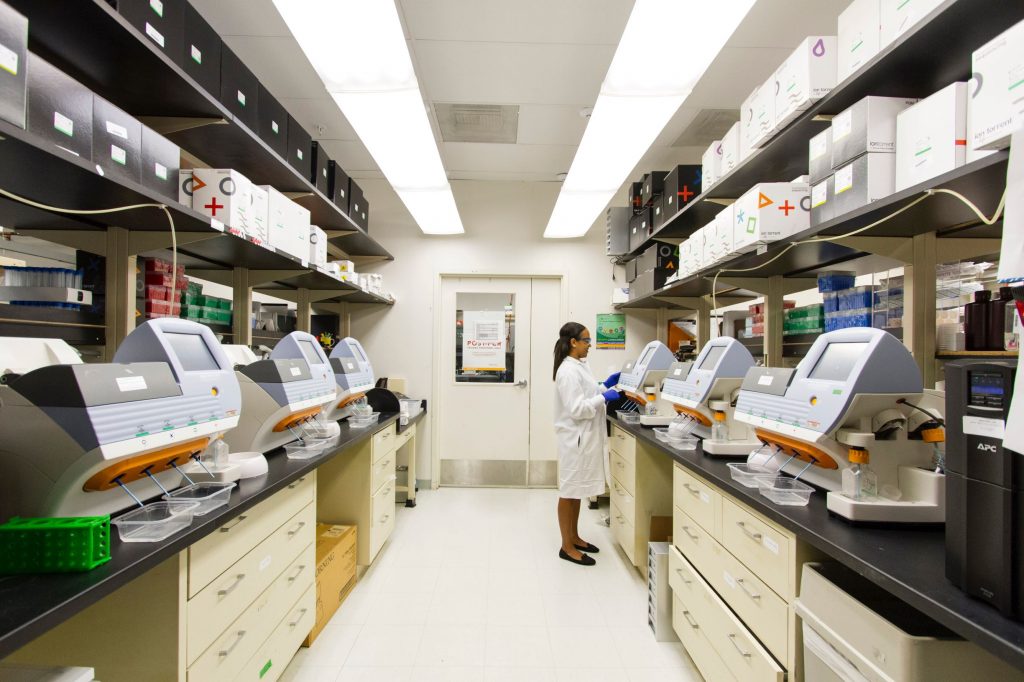ISO 17025 Consultancy – Calibration & Testing Management Systems
Are you looking for support in achieving ISO 17025 certification? John Jeffery can offer consultancy and impartial support to a range of organisations who are preparing for ISO 17025 certification and accreditation for calibration and management systems. Find out more about the ISO 17025 standard below.
What is the ISO 17025?
The ISO 17025 is an internationally recognised standard that outlines the competency and quality requirements that need to be met by laboratories carrying out tests, calibrations and sampling.
The latest version of the standard is the ISO/IEC 17025:2017, which was produced after the revision of the 2005 publication published by the International Electrotechnical Commission (IEC) in November 2017. This standard was updated in order to move with changes and developments in technology and market conditions.
ISO 17025 was developed by lab experts from across the globe as well as 18 liaison organizations and multiple associations who represent laboratories. It is the single most important metrology standard for test and measurement products. Nearly all national standard bodies and accreditation agencies around the world have adopted the standard and a growing number of companies require it and are incorporating it into sector-specific standards.
Who provides the ISO 17025 Laboratory accreditation?
The standard is operated in the UK directly by UKAS, not the independent certification bodies, therefore organisations are accredited to ISO 17025. Accreditation is a term applied to organisations that supply a certification, test, inspection or calibration service.
UKAS is a member of the National Measurement Partnership (NMP), a programme initiated by BERR’s National Measurement System Policy Unit.
The programme aims to develop a number of processes and an organisational infrastructure for the National Measurement Partnership, with the following specific objectives:
- Increase the uptake of accredited measurement in the UK
- Increase the qualified skill base in metrology
- Increase measurement users’ access to measurement experts
Who is the ISO 17025 for?
The ISO standard is designed for any type of laboratory that carries out testing and/or calibration. This can include research centres, universities, inspection bodies and product certification labs. The standard is suitable for a wide range of industries, some of which include:
- Biological – for example, medical/veterinary microbiology, food sampling, water and environmental microbiology and pharmaceutical microbiology
- Environmental – for example, soil sampling, occupational hygiene, radiochemistry and radiology.
- Electrical – for example, power supplies, electricity meters, electrical efficiency and radar equipment.
- Calibration – for example, optical, temperature and humidity, acoustics and magnetic.
What does the ISO 17025 standard include?
It’s well worth noting that this standard, by no means outlines how testing should be performed – rather it involves deploying a quality system that ensures technical competence and valid results that are timely, verifiable, accurate, repeatable and meet customer requirements. In addition to establishing a quality system, documentation and personnel requirements, it directs calibration laboratories to:
- Analyse the uncertainty of each measurement
- Incorporate the uncertainty into the test procedure and/or test limits
- Provide the uncertainties with the calibration certificate and results
What are the benefits of implementing the ISO 17025?
Although the ISO/IEC 17025 standard is not mandatory for laboratories, there are many advantages of complying with the standard.
Customer confidence and satisfaction
Laboratories who carry out testing and calibration and comply with the standard display a proof of competence, which in itself is advantageous for business and stakeholder management. In having a reputation for high standards, you can develop customer confidence, satisfaction and stand out from competitors when attracting new business both nationally and internationally.
Improve internal company management
The ISO 17025 ensures the competent outline of procedures and policies to employees, which in turn helps create a more professional working approach and supports internal company management. Employees are able to gain a better understanding of their defined roles and responsibilities and build upon their own personal professional development, thus improving workforce attitude and skill-set.
More accuracy and validity in results produced
Within an ISO 17025 laboratory, a systematic approach is used and controls are implemented to keep protocols in place. This helps to ensure that the lab environment supports fair and valid testing and that instruments abide by strict guidelines, resulting in a reduction in variation and heightened validity and accuracy across results produced.
Cost reduction
Because the standard supports labs in creating systems and procedures that enable heightened accuracy in results produced, the need for retesting is reduced. In turn, this reduces costs incurred from additional testing or retesting.
Interested in becoming ISO 17025 certified? Talk to John today!
Petersfield
Hampshire
GU31 4PZ
United Kingdom
Tel : +44 (0) 1730 302 280
Fax : +44 (0) 1730 302 294
Copyright 2017 John E Jeffery - Designed by Advantec
